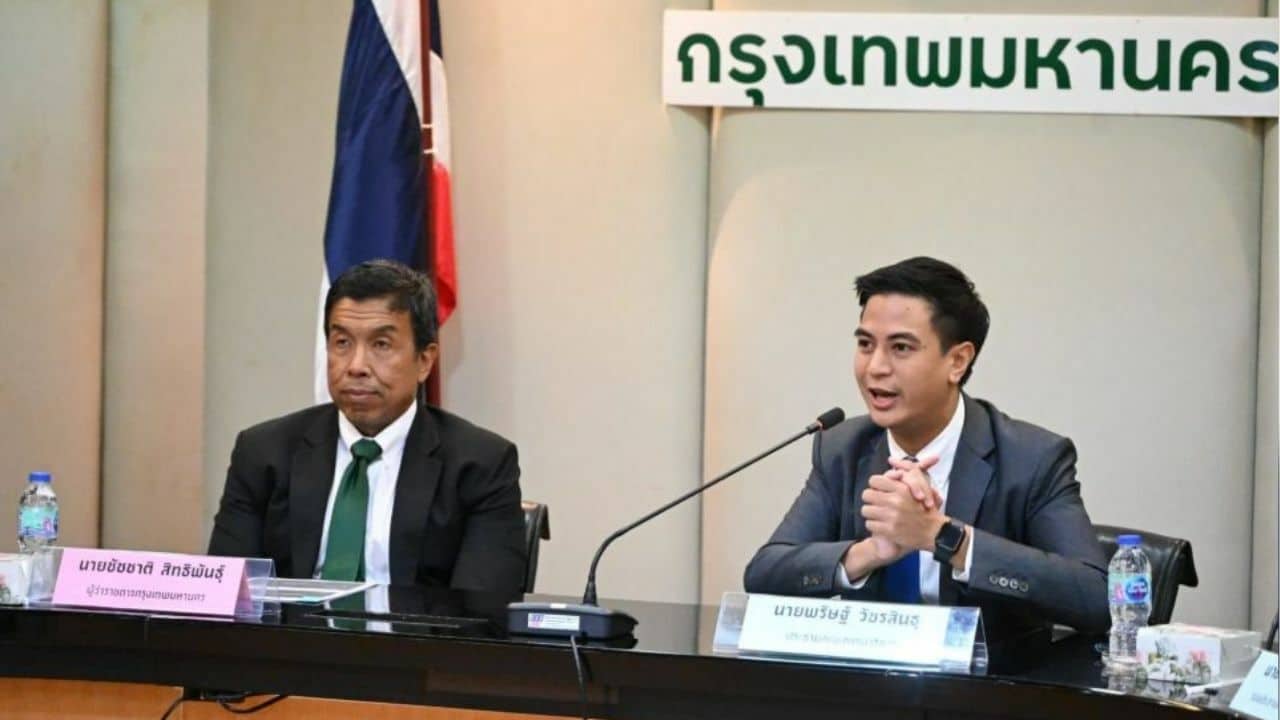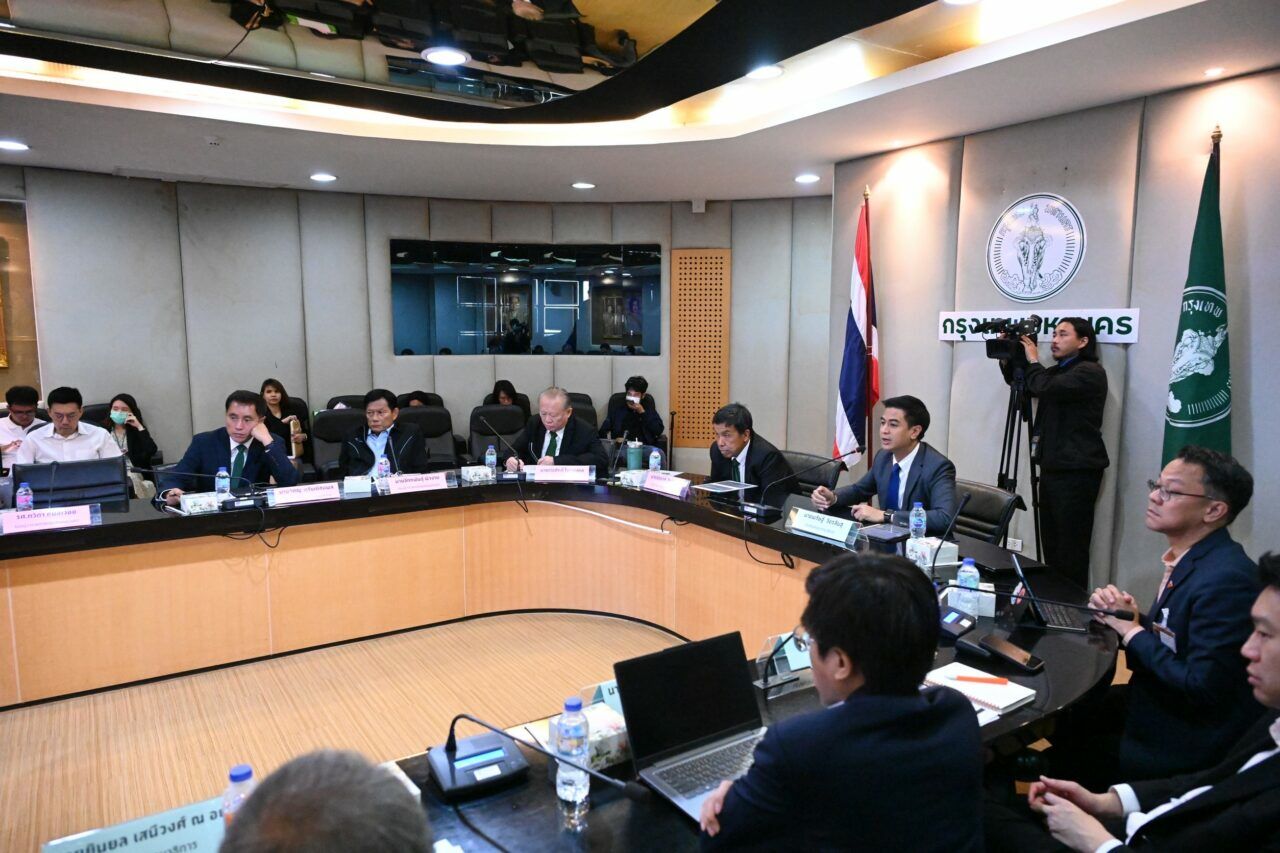Bangkok overhaul plan could hand governor more power
Push for deeper local control and modern governance in the Thai capital gains traction

Should Bangkok be run more like a country than a city? Politicians think so — and big changes could be coming.
Yesterday, May 1, at Bangkok City Hall’s Nopparat Room near the Giant Swing, Governor Chadchart Sittipunt welcomed Members of Parliament to discuss sweeping proposals to overhaul the city’s outdated administration system.
The meeting brought together top Bangkok executives and the House Subcommittee on Upgrading Bangkok’s Administration, led by Parit Wacharasindhu, party-list MP and spokesperson of the People’s Party.
Parit explained that while Bangkokians can elect their governor, the position lacks power over key issues like traffic, public transport, and infrastructure.
“We’ve reached a point where the system needs a serious update.”

The proposed reforms have been divided into three main categories:
-
Empowering the Bangkok Metropolitan Administration (BMA): allowing the BMA to make independent decisions on budgets, staffing, and local governance without central government interference.
-
Restructuring administration: introducing a two-tier system where local areas (districts or clusters of districts) have their own elected councils and executives, making governance more responsive and closer to the people.
-
Boosting public participation: enabling online petitions, referendums, and transparent access to city data, so residents can actively inspect and influence budgets and policy.
According to Parit, these proposals are the result of a long-term study that began in mid-2024. Public forums and expert consultations helped shape the details, which are now being finalised for submission to Parliament.

There are two possible routes to legal reform: either through MP-backed bills, expected to be submitted between July and August, or through a BMA-drafted bill, which would go to the Ministry of Interior and the Cabinet. If the latter gains Cabinet approval, it could fast-track the reform process and increase the chances of passing within this parliamentary term, reported Daily News.
Governor Chadchart noted that Bangkok is still governed by an outdated law from 1985.
“The current structure doesn’t match the complexity of modern Bangkok. For example, the BMA manages footpaths, but police control the roads — it’s inefficient. We need a more unified, effective system.”
Both sides agreed that cooperation between the city and national government will be essential to push the changes through.
Latest Thailand News
Follow The Thaiger on Google News:


























